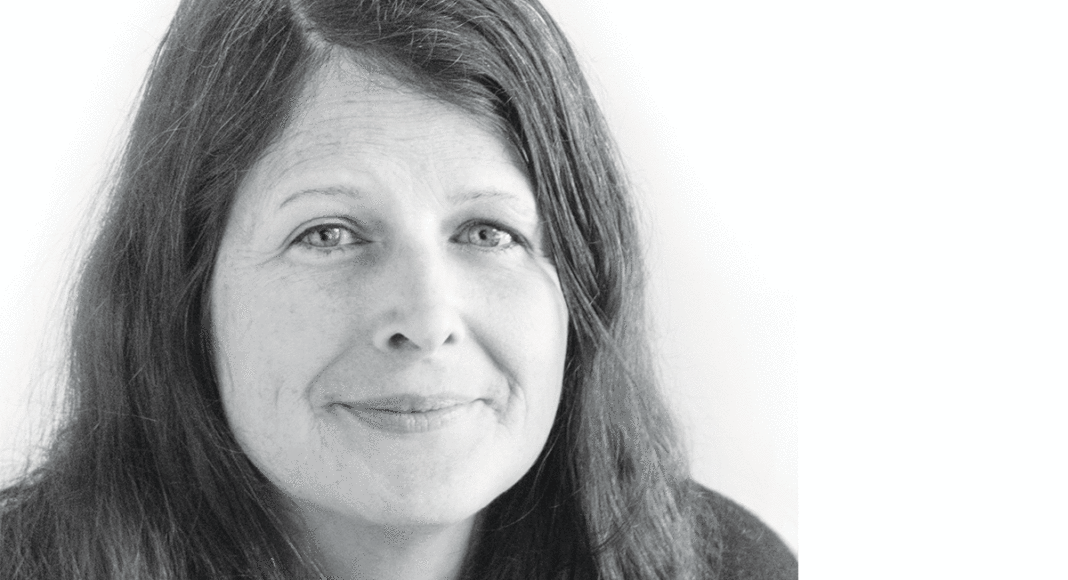Most of the addicts in the 2000 documentary Black Tar Heroin: The Dark End of the Street are dead now, but Tracey Helton Mitchell is very much alive. She was picked for the film at a needle exchange in the Tenderloin district, and though she was off drugs when it came out, it was not a story about recovery. After all, recovery is anything but one size fits all. Mitchell knows this all too well, and from the vantage point of having rebuilt her life, she shares how she went from darkness to light in her book The Big Fix: Hope After Heroin. We recently talked about her journey and the larger issues around addiction.
You survived a brutal life on the streets. How?
TRACEY HELTON MITCHELL: My mother was very supportive. We have addiction in our family, so she knew the right things to say to me. Other providers were also kind. They told me I deserved a better life, and even though I didn’t believe it at the time, I held on to that thought. For whatever reason, I felt like someday I’d go back to school. That dream kept me alive.
Depression and anxiety contributed to your addiction. How have you learned to cope without drugs?
I went to therapy for seven years. I’ve tried yoga and meditation. Whatever your recovery is, it has to be flexible over time. If something’s not working, I try something different.
You’re a wife, mother, and health program coordinator in San Francisco. How has your recovery affected these roles?
I got clean when I was 27. At that point, I needed approval from others. Now it’s about having a fulfilling life, which isn’t necessarily attached to people’s opinion of me. I’m more empathetic now too, and I draw upon that in my public health role. As a mother, I try to be honest, whereas I think my parents struggled with it. Sharing the truth with my kids to the degree that they can understand it is important to me.
What are the ongoing challenges of recovery?
Heroin continues to impact my life. One of my mentees died this year from an overdose after a decent period of sobriety. I’ve had multiple friends relapse. It crosses my mind every day. There are people who can use hard drugs and then after a period of time, drink alcohol and smoke pot socially, but I’m not one of them. When I speak to groups, I say, “You only have to give up this one thing—drugs—to get everything else.” Instead of looking at what I lose, I keep in mind what I’m gaining. It shifts my perspective.
What’s the current state of addiction and recovery services in the U.S.?
We used to deal with overdoses, but we didn’t have people instantly dying from them, which is very common now. The anti-overdose drug Naloxone is becoming more widely available, along with needle exchanges, but drug companies keep raising their prices, and there are many places where people still can’t get a clean syringe. We have a lot of work to do, but opinions are changing. I was in Ohio and Kentucky recently, where they’re dealing with high numbers of overdoses, and these are very conservative states. Now it’s those mothers who go to Washington D.C. and say, “you have to do something.”
What can the rest of us learn from drug addicts?
You can use anything outside of yourself to distract you—food, relationships, drugs—but it won’t cure your problems. It just pushes them to the side and adds new ones. We spend so much time with our distractions. What are we afraid of? Maybe it’s just spending time with ourselves. I think part of the reason we have such a big opioid problem is because we’re so disconnected from each other. I’ve worked with people who can’t talk on the phone. They only communicate through text messaging. To a certain extent, that’s just existing; it’s not living or interacting. What I hope people get from my story is that the process of trying to get back to yourself is a lot of hard work, but it’s worth it.
Tracey Helton Mitchell will sign and discuss her new book at 7 p.m. on Wednesday, April 19 at Bookshop Santa Cruz, 1520 Pacific Ave., Santa Cruz, 423-0900. Free.













